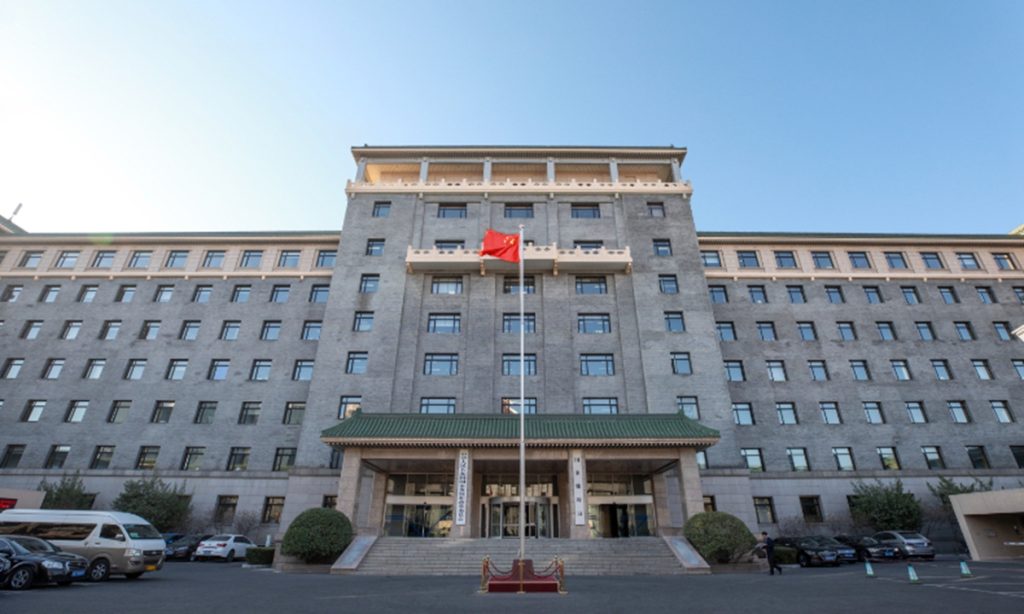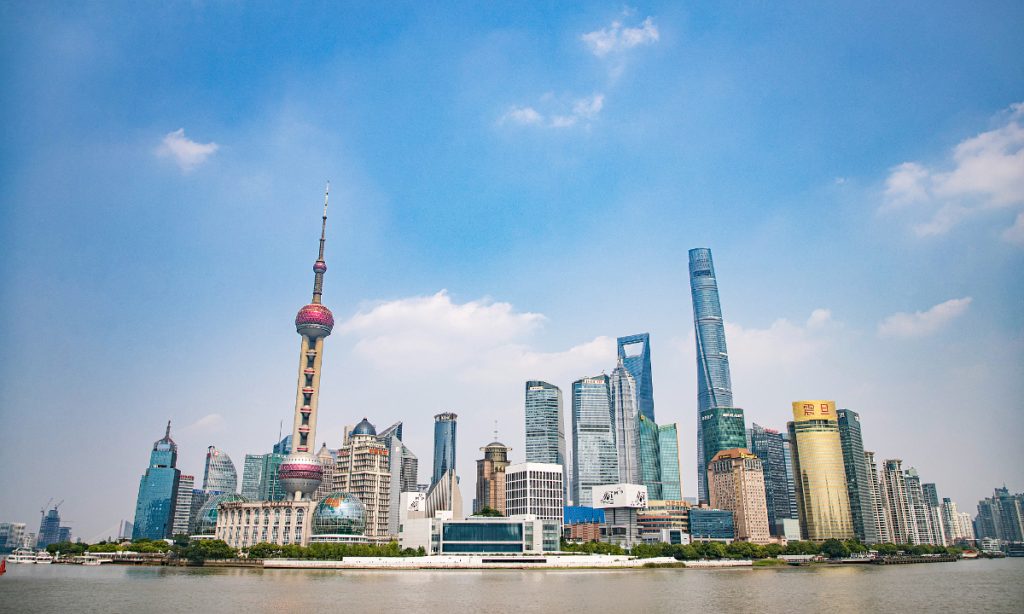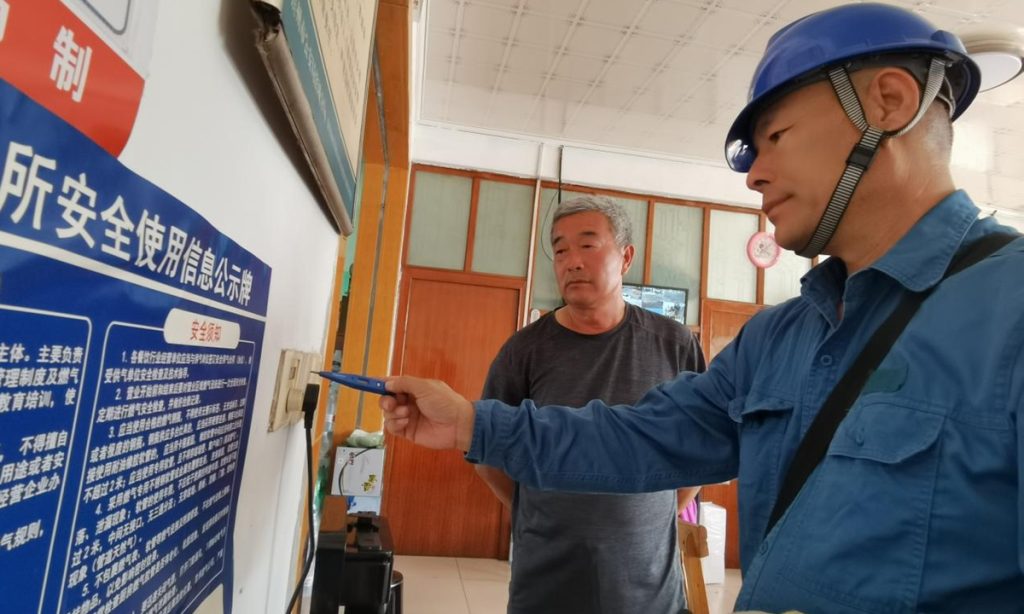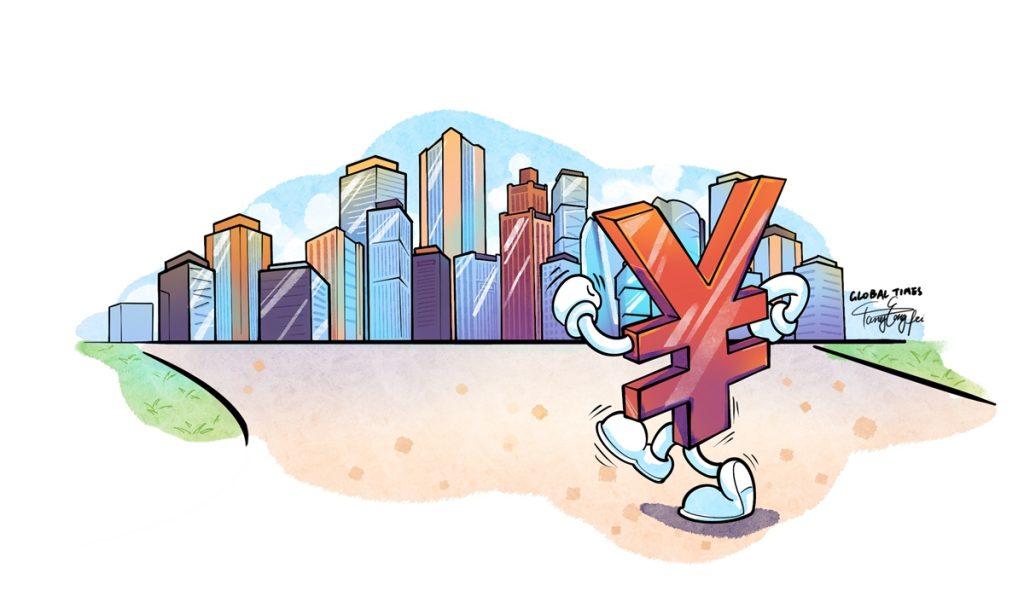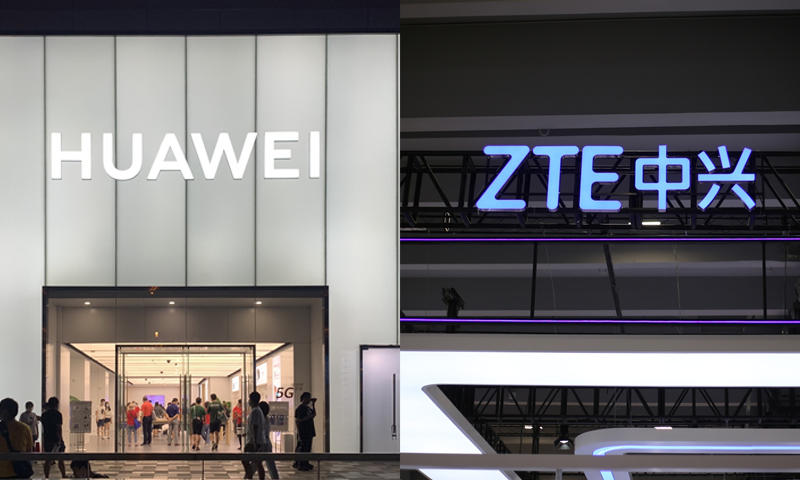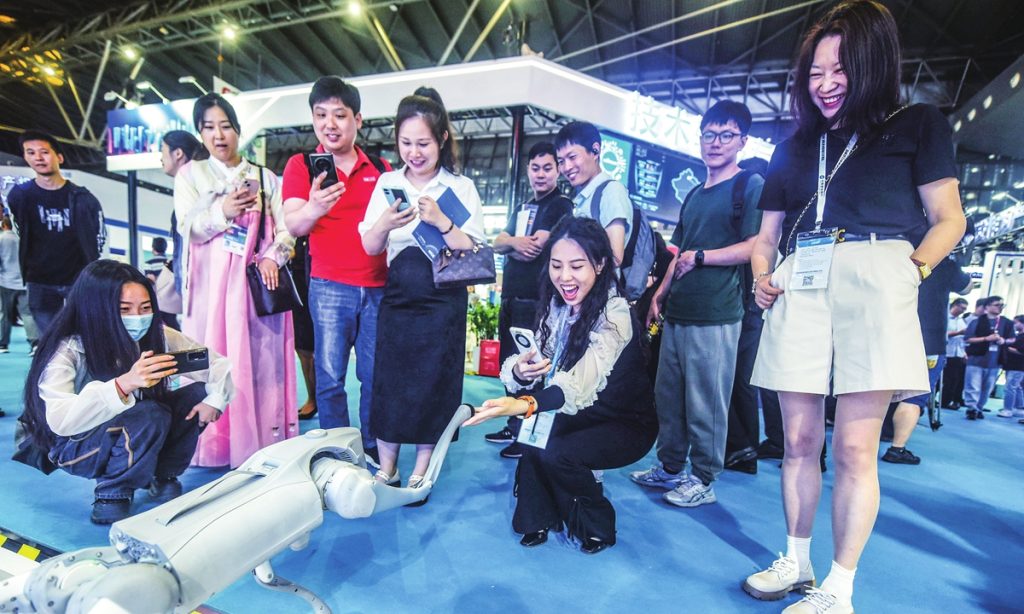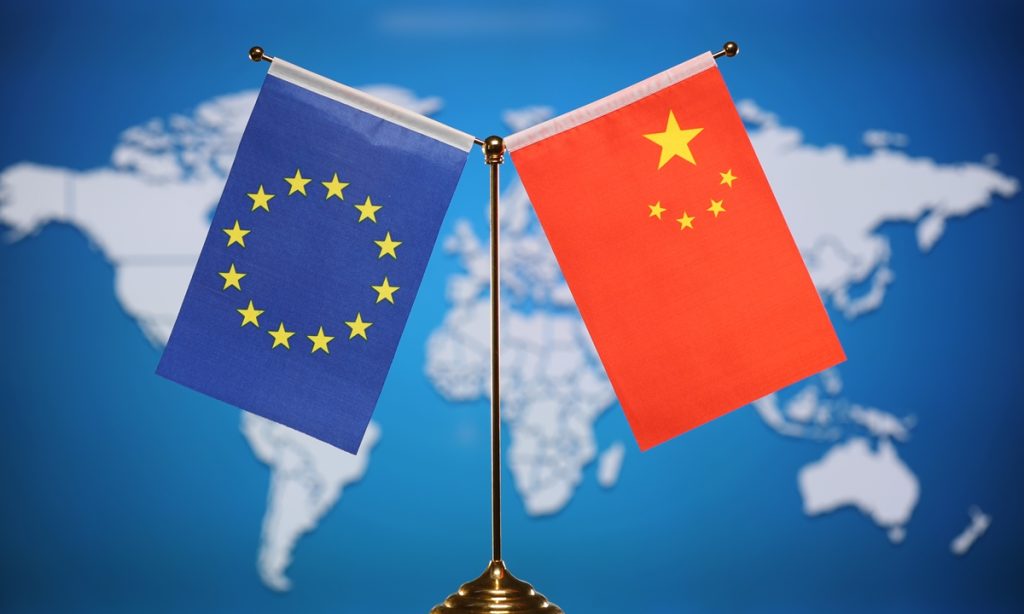Beijing Central Axis named as a World Heritage Site
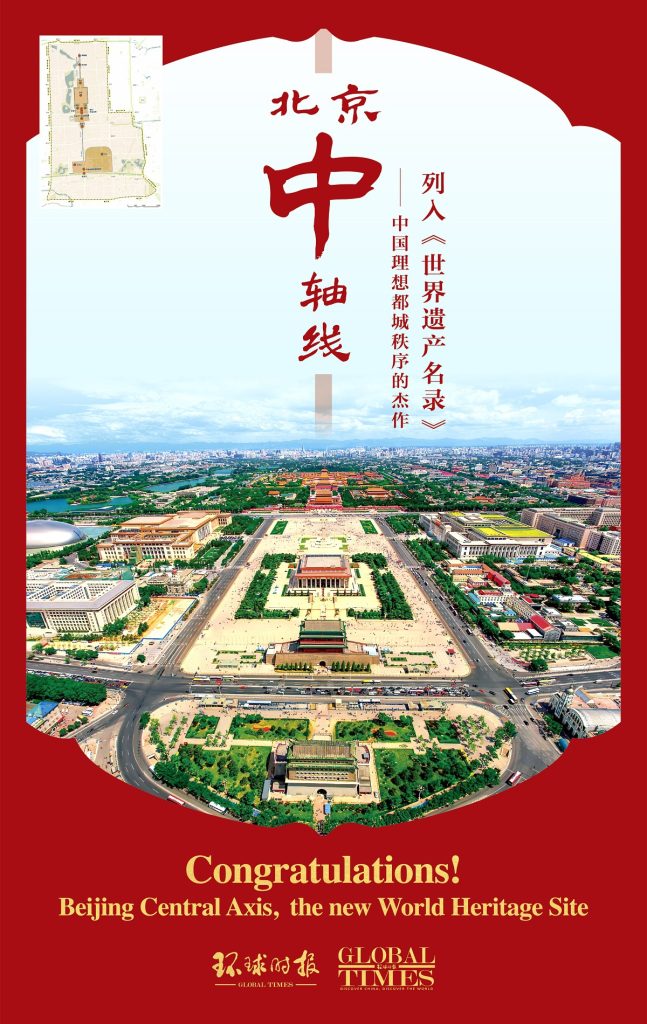
"Beijing Central Axis: A Building Ensemble Exhibiting the Ideal Order of the Chinese Capital" was listed as a World Heritage Site at the 46th session of the UNESCO World Heritage Committee held in New Delhi, India on Saturday, becoming China's 59th entry on that list.
The Beijing Central Axis, situated at the core of the ancient city of Beijing, spans 7.8 kilometers from the Bell and Drum Towers in the north to the Yongdingmen Gate in the south, originating in the 13th century and refined over more than seven centuries.
Originating in the Yuan Dynasty (1279-1368), the Beijing Central Axis is classified as a "building complex" in terms of cultural heritage, consisting of 15 elements of heritage composition. It is a combination of buildings and sites that dominate the planning pattern of the entire old city.
Heritage experts told the Global Times that the uniqueness of the Beijing Central Axis fills a gap in the World Heritage List regarding the ideal of urban landscape and the type of core architectural groups in the East, presenting an irreplaceable uniqueness and possessing outstanding universal value.
Lü Zhou, director of the National Heritage Center at Tsinghua University, told the Global Times that many medieval European cities on the World Heritage List have fundamentally different formation processes and urban development trajectories compared to Beijing.
He explained that Beijing was meticulously planned and constructed based on the ideal of a world central city, with the Beijing Central Axis becoming the most central part of this ideal city form. In contrast, medieval European cities were settlements that grew naturally and were influenced by religion, commerce and municipal systems, resulting in complex urban textures in their central areas.
Jiang Bo, a professor from the Institute of Cultural Heritage at Shandong University told the Global Times that the Beijing Central Axis is a "masterpiece" with a unique Eastern charm in the history of world urban landscape.
"The urban planning concept of this north-south central axis has a long history and a profound influence, even extending to the Korean Peninsula, Japan, and Vietnam, becoming an Eastern classic in the design concept of ancient world urban planning," he said.
On Friday, the Badain Jaran Desert in North China's Inner Mongolia Autonomous Region and Migratory Bird Sanctuaries along the coast of the Yellow Sea-Bohai Gulf (Phase II) were also included in UNESCO's World Heritage List during the event, according to the National Forestry and Grassland Administration.
To date, China currently boasts 59 world heritage sites, including 40 cultural heritage sites, 15 natural heritage sites, and 4 mixed cultural and natural heritage sites.
Media reported that the event is scheduled to last until July 31. The primary agenda of the conference includes the examination of 27 sites nominated for inclusion in the World Heritage List and the assessment of the conservation status of 124 existing sites on the list.
